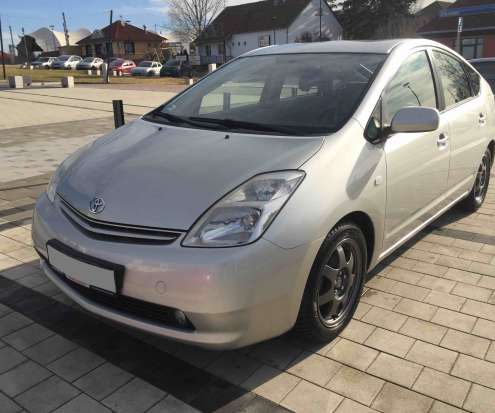Nippon Oil: Gas Stations Will Pump Electricity and Hydrogen
Green Car Congress
SEPTEMBER 7, 2009
In an interview with the Nikkei, Shinji Nishio, president of Nippon Oil Corp., said that gas stations will transform into providers of electricity and hydrogen, in addition to gasoline. But in the medium term, electric vehicles will have an inevitable impact.






































Let's personalize your content